- Overview
- Symptoms & Risks
- Diagnosis and Treatment
- Living With
- Complications
- View Full Guide
COVID-19 Myths You Shouldn’t Believe



COVID-19 Significance
Myth: COVID-19 is no longer a serious threat.
Fact: Scientists know a lot more about COVID than when it first emerged. We now have effective vaccines, tests, and treatments. And the virus itself has gone through many changes. But COVID can still be very serious, especially for people over 65 and those with other health conditions. We’re also still learning about long COVID, whose symptoms can last for years.
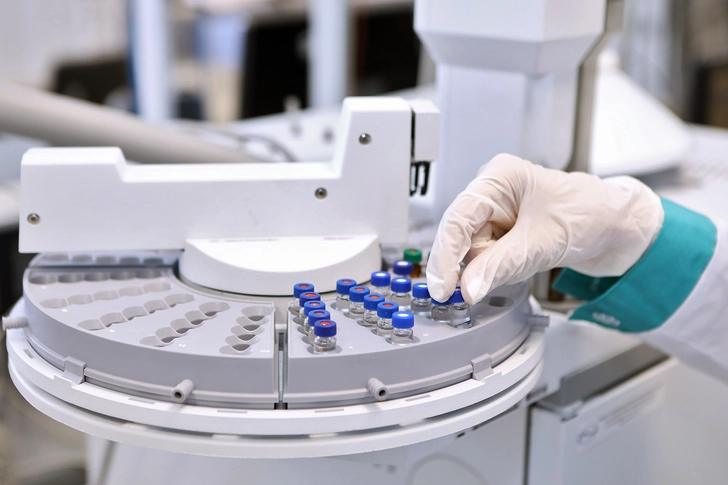
COVID-19 Vaccine Safety
Myth: The COVID-19 vaccines are unsafe.
Fact: All vaccines in the U.S. go through strict studies to make sure they’re safe and effective. The FDA must also approve them. The ingredients in COVID vaccines vary depending on their manufacturer. But almost all are familiar ones also found in foods, like fats, salts, and sugars. The vaccines don’t contain any antibiotics, metals, preservatives, latex, or human or animal tissue.

COVID-19 Vaccine Illness
Myth: The vaccines will make me sick with COVID-19.
Fact: None of the COVID vaccines approved in the U.S contain the live virus that causes COVID. The shot might give you some mild side effects, like tiredness or a fever. But that simply shows that your body is building immunity to the virus. The bottom line: A COVID vaccine can’t make you sick with the disease.

COVID-19 Vaccine and Pregnancy
Myth: I won’t be able to get or stay pregnant if I get a COVID-19 vaccine.
Fact: There’s no scientific evidence linking the COVID vaccine, or the antibodies your body makes after you get it, to infertility. In fact, the CDC recommends the vaccine for anyone who is pregnant or plans to be. You might notice minor changes in your menstrual cycle soon after you get the shot. But this is temporary and doesn’t affect fertility.

Herd Immunity
Myth: Herd immunity will stop the spread of COVID-19.
Fact: Herd immunity is when enough people develop immunity to a disease to stop it from spreading through the entire population. Many people have gained immunity to COVID’s original strain through vaccination, infection, or both. But the COVID virus changes quickly, like the flu. So the best way to control it is to stay up to date on your vaccines.
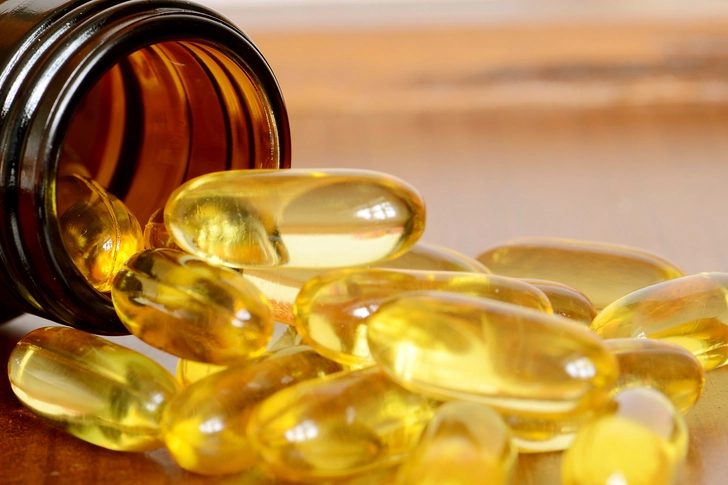
Supplements
Myth: Vitamin and mineral supplements can cure COVID-19.
Fact: Vitamins D and C and the mineral zinc help keep your immune system working at its best.If you’re deficient in these nutrients, you may be more vulnerable to infections of all types. But there’s not enough scientific evidence to say whether any vitamin, mineral, or other dietary supplement can prevent or treat COVID.
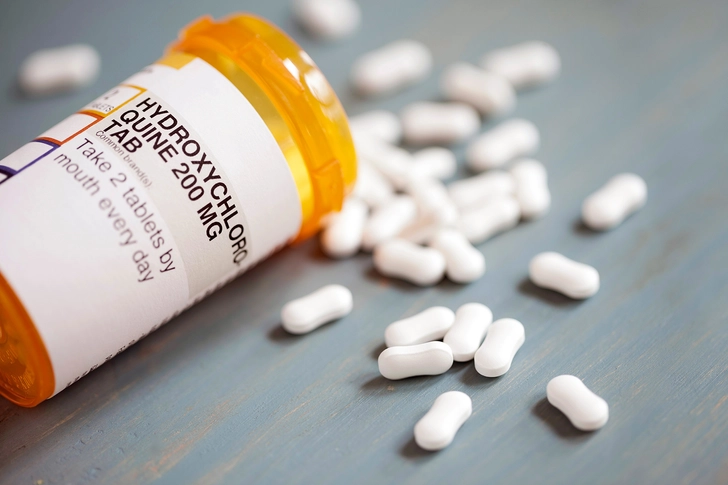
COVID-19 Treatments
Myth: Chloroquine, hydroxychloroquine, and ivermectin can treat COVID-19.
Fact: None of these medications works for COVID. Ivermectin prevents parasite infections, while chloroquine and hydroxychloroquine are malaria drugs. All can be harmful if taken incorrectly. The FDA has approved several antiviral drugs to treat COVID. When taken within five days after symptoms start, they improve symptoms and reduce your risk of serious illness.
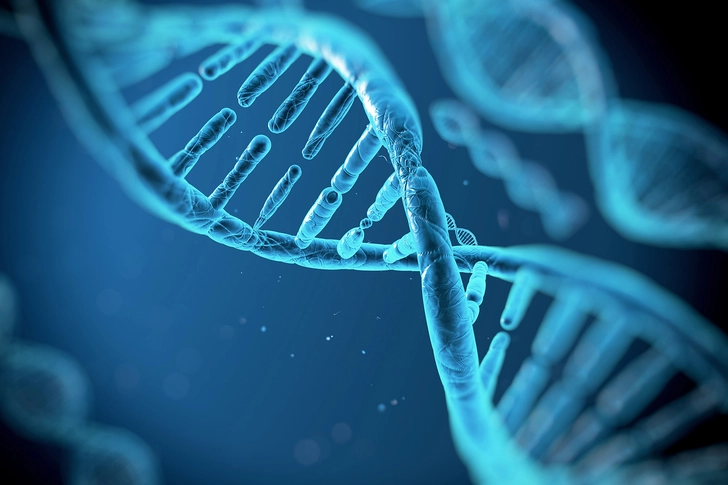
COVID-19 Vaccines and DNA
Myth: COVID-19 vaccines can change your DNA.
Fact: Vaccines don’t interact with your DNA. Those made with messenger RNA (mRNA) and protein subunits give your cells instructions to make a protein found in the COVID virus. This allows your body to produce antibodies to the virus. The genetic material never enters the nucleus of your cells, where your DNA is. After your body makes the antibodies, it eliminates the vaccine ingredients.

COVID-19 Reinfection
Myth: I’ve already had COVID-19, so I’m immune.
Fact: You can get COVID more than once, and the virus keeps mutating. So even if you have some natural immunity, you may not be protected. Vaccines are a more dependable way to boost your immunity. Stay up to date on your COVID shots even if you’ve had the virus once or multiple times.
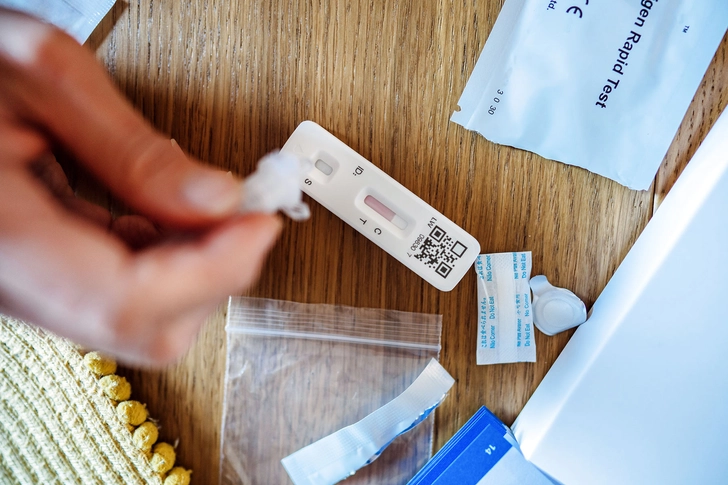
Negative COVID-19 Test
Myth: A negative COVID-19 test means I’m not infected.
Fact: A negative result on a home COVID test doesn’t guarantee you don’t have the virus. Rapid antigen tests are most effective when there’s lots of the virus in your system. If you test negative but have COVID symptoms, repeat the test according to the instructions on the box. Or get tested at a pharmacy or your doctor’s office. A positive result is likely to be accurate.
IMAGES PROVIDED BY:
1) iStock/Getty Images
2) iStock/Getty Images
3) iStock/Getty Images
4) iStock/Getty Images
5) iStock/Getty Images
6) iStock/Getty Images
7) iStock/Getty Images
8) iStock/Getty Images
9) E+/Getty Images
10) DigitalVision/Getty Images
SOURCES:
Mayo Clinic Health System: “COVID-19 myths debunked.”
CDC: “Myths & Facts About COVID-19 Vaccines,” “COVID-19 Vaccination for People Who Would Like to Have a Baby,” “Types of COVID-19 Treatment.”
Cleveland Clinic: “COVID-19 (Coronavirus).”
Rochester Regional Health: “What Herd Immunity for COVID-19 Means In 2023.”
National Institutes of Health: “Dietary Supplements in the Time of COVID-19.”
University of Chicago Medicine: “COVID-19 testing: When to test, how accurate are home tests and more.”